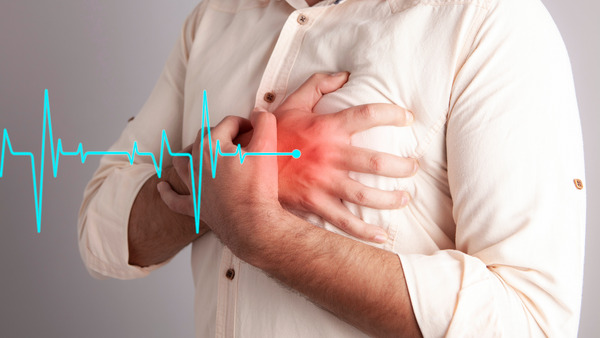
Once you’ve had a heart attack, your chances of having another are higher. A heart attack weakens the heart, making it more susceptible to problems caused by plaque and blockages.
The good news is that lifestyle changes can reduce your risk of having a second heart attack.
- Take medication as directed.
If you have a heart attack, you go home with heart medication. Some may be temporary, but you may need medication for the rest of your life.
Blood pressure and cholesterol medications and antiplatelet drugs along with children’s aspirin to prevent blood clots are often prescribed after a heart attack. These drugs improve health conditions making heart attacks more likely. You should take them even if you feel well and your blood pressure and cholesterol are under control.
- Going to heart rehab.
Cardiac rehabilitation helps get your heart back into shape for regular physical activity and exercise after a cardiac event. Follow your schedule so you can safely exercise and strengthen your heart to prevent a second heart attack.
- Manage chronic health problems.
High blood pressure, high cholesterol, and uncontrolled diabetes put pressure on the heart and increase the risk of a second heart attack. Control these conditions with medication, a healthy diet, and exercise.
Aim for an LDL cholesterol level of 70 or less and a blood pressure of 120/80 if you have had a heart attack.
- Follow a heart-healthy diet.
Foods low in saturated fat and Tran’s fat are especially important if you have had a heart attack. Eat less fried foods, cookies, donuts, and packaged snacks to help control your cholesterol and diabetes.
- Exercise regularly.
Cardiovascular exercise is recommended for 30 to 60 minutes five times a week after your doctor gives you permission to be physically active. Staying active strengthens your heart, so a second heart attack is less likely.
- Get a flu shot.
Respiratory infections can affect your heart rate and blood pressure, putting stress on your heart. Get a flu shot every year and ask your healthcare provider if you need a pneumococcal shot.
- Go to all your medical appointments.
Your cardiologist will monitor the improvement in your heart function after a heart attack and adjust your medications as needed. Seeing your primary care provider is also important to screen for heart-healthy respiratory illnesses and depression.
Did this blog helped you to improve your health? Read more of our blogs about healthy lifestyle for free.



